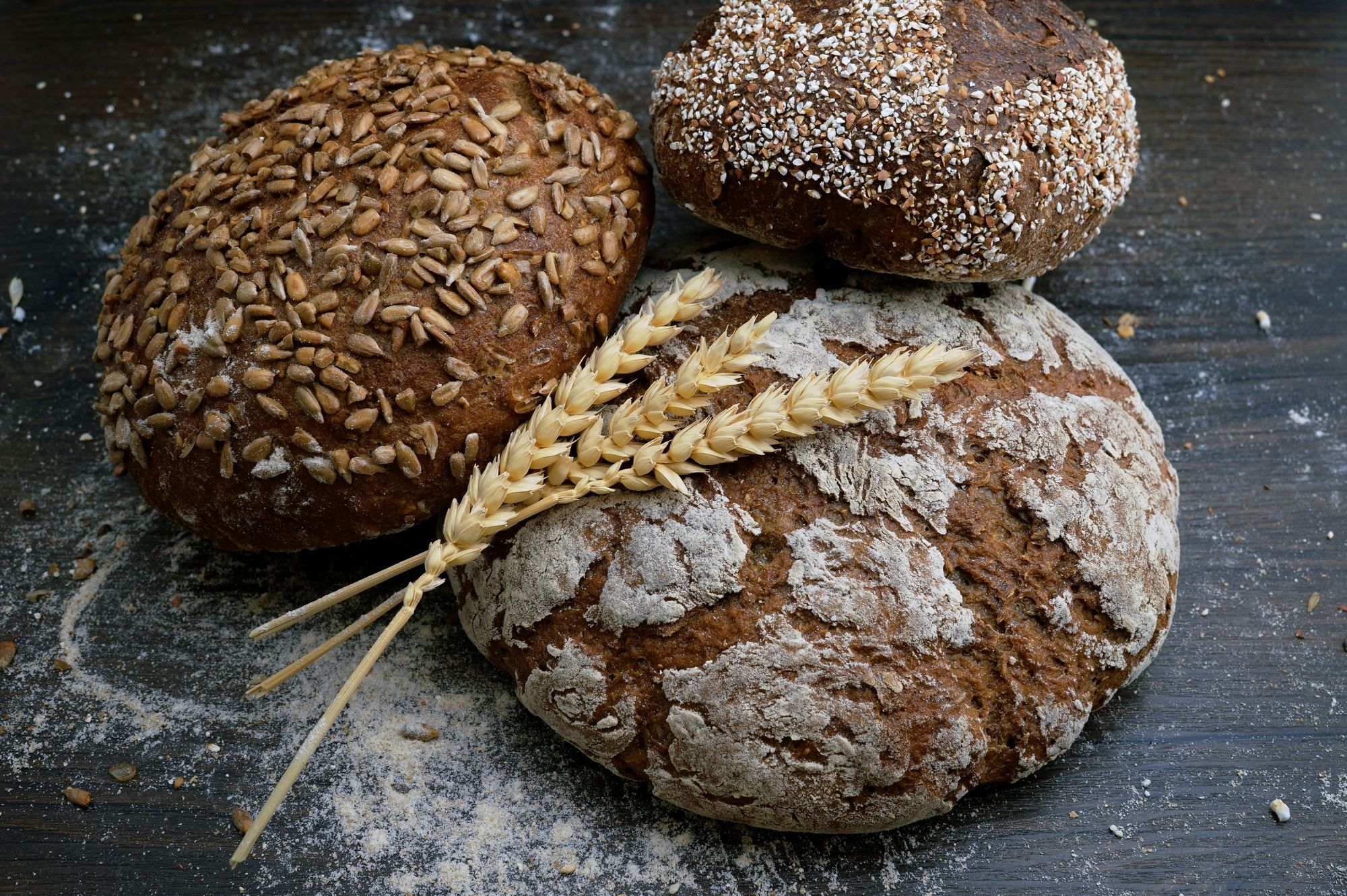Is meat in the KJV a false-friend?

A false friend is a word that is confusing. When you read it, you think you understand the definition, but you don't.
Many have accused the King James Bible as having false-friends, and then wrongly conclude we must replace our King James Bible with an "updated modern version" so people can understand what it means.
Remember, the presupposition that we must read the King James Bible with a critical eye is in direct opposition to the presupposition that we must read, believe and trust what's preserved in the King James Bible.
Both presuppositions exist, and as a result, we have a divide within Christianity.
One presupposition, reads the King James Bible and believes that every word may not be exact. Each phrase may need changing. Some verses might need to be corrected. Those who uphold to this presupposition cannot truthfully say the Bible is their final authority, as they are always looking for ways to improve or correct the Bible they say in authoritative. By the way, if you're correct what you say is authoritative, then you become the authority. The authority always corrects those under it. If you correct the Bible, you are saying you are the authority over the Bible.
The second presupposition is that God has taken upon Himself the responsibility for the preservation of His word, and it is available to the English-speaking world in the Authorized (King James) Version. This faith-based presupposition gives the believers freedom to believe that every word in the King James Bible is pure, exact and needs no changing, correcting or altering whatsoever. This presupposition allows someone to truthfully say, the King James Bible is my final authority. This presupposition humbly proclaims: I am subject to what the Bible says, not what I want to make the Bible say.
Because the King James Bible is the preserved word of God, it is therefore NOT a book designed to confuse people. However, it is a book that must be read in its context, and studied on a daily basis. God preserved His word so that it would be available to learn "precept upon precept, precept upon precept; line upon line, line upon line; here a little, and there a little."
Let's take a minute to look at a supposed false-friend found in 1 Timothy 4 in the KJV, with the purpose of showing why there is no need to alter the text to appease the "scholars that should not be."
Many Christians misunderstand the use of the word "meats" in 1 Timothy 4:3 to mean "red meat" or "white meat".
1 Timothy 4:1-5 Now the Spirit speaketh expressly, that in the latter times some shall depart from the faith, giving heed to seducing spirits, and doctrines of devils; Speaking lies in hypocrisy; having their conscience seared with a hot iron; Forbidding to marry, and commanding to abstain from meats, which God hath created to be received with thanksgiving of them which believe and know the truth. For every creature of God is good, and nothing to be refused, if it be received with thanksgiving: For it is sanctified by the word of God and prayer.
This becomes evident when preachers use 1 Timothy 4:3 to preach against the Roman Catholic Church's command to abstain from eating "red meat" on Friday's. Although, this is one of many false-doctrines found in the Roman Catholic Church, it's important to understand that the word "meats" in 1 Timothy 4:3 is not in reference to "red meat". Rather, it's in reference to all food in general.
Since the verse says "every creature of God is good, and nothing to be refused", it's easy to understand the context of "meats". It's not just red meat or white meat, or fish. It's all meals. It's all food in general. The Bible teaches that nothing is to be refused. In other words, all food (all meat) is given by God for us to enjoy with thanksgiving and prayer.
In the past, the phrase "meat and drink" was commonly understood to mean food in general, served alongside of a beverage. As a matter of fact, the phrase used nowadays in the restaurant industry is "food and beverage".
Another phrase that most are familiar with is "meat and potatoes". The "meat" is understood to refer to the main part of the meal, not necessarily "red meat".
As always, the Bible defines itself, based on the context. Take for example: Matthew 3.
Matthew 3:4 And the same John had his raiment of camel's hair, and a leathern girdle about his loins; and his meat was locusts and wild honey.
Notice that neither locusts nor wild honey is considered red meat or white meat, yet it is called "meat" in the Bible. The reason for this, is that locusts and wild honey was the meal or the food that John the Baptist ate.
Consider Matthew 6. Notice that the "meat" referred to is not just "red meat", but also the"white meat" of the fowls of the air.
Matthew 6:25-26 Therefore I say unto you, Take no thought for your life, what ye shall eat, or what ye shall drink; nor yet for your body, what ye shall put on. Is not the life more than meat, and the body than raiment? Behold the fowls of the air: for they sow not, neither do they reap, nor gather into barns; yet your heavenly Father feedeth them. Are ye not much better than they?
Also, consider Matthew 15, where we'll see that "meat" in the context, refers to fish and bread.
Matthew 15:36-37 And he took the seven loaves and the fishes, and gave thanks, and brake them, and gave to his disciples, and the disciples to the multitude. And they did all eat, and were filled: and they took up of the broken meat that was left seven baskets full.
Finally, when you read Leviticus 2 you'll also see the use of the phrase "meat offering". This refers to a meal baked in an oven containing fine flour, oil and frankincense. This is not a reference to animal meat at all. You couldn't miss the meaning, based on the context, if you tried. The same can be said of Matthew 6:11 Give us this day our daily bread. The daily bread is meat, or food!
If Christian's would put more time and effort into reading and believing what the King James Bible says, rather than trying to correct it, we would start to see more Bible literacy in our churches.
You absolutely can trust the King James Bible, and you can understand it. It should be YOUR daily bread, as it contains all the meat you need!
